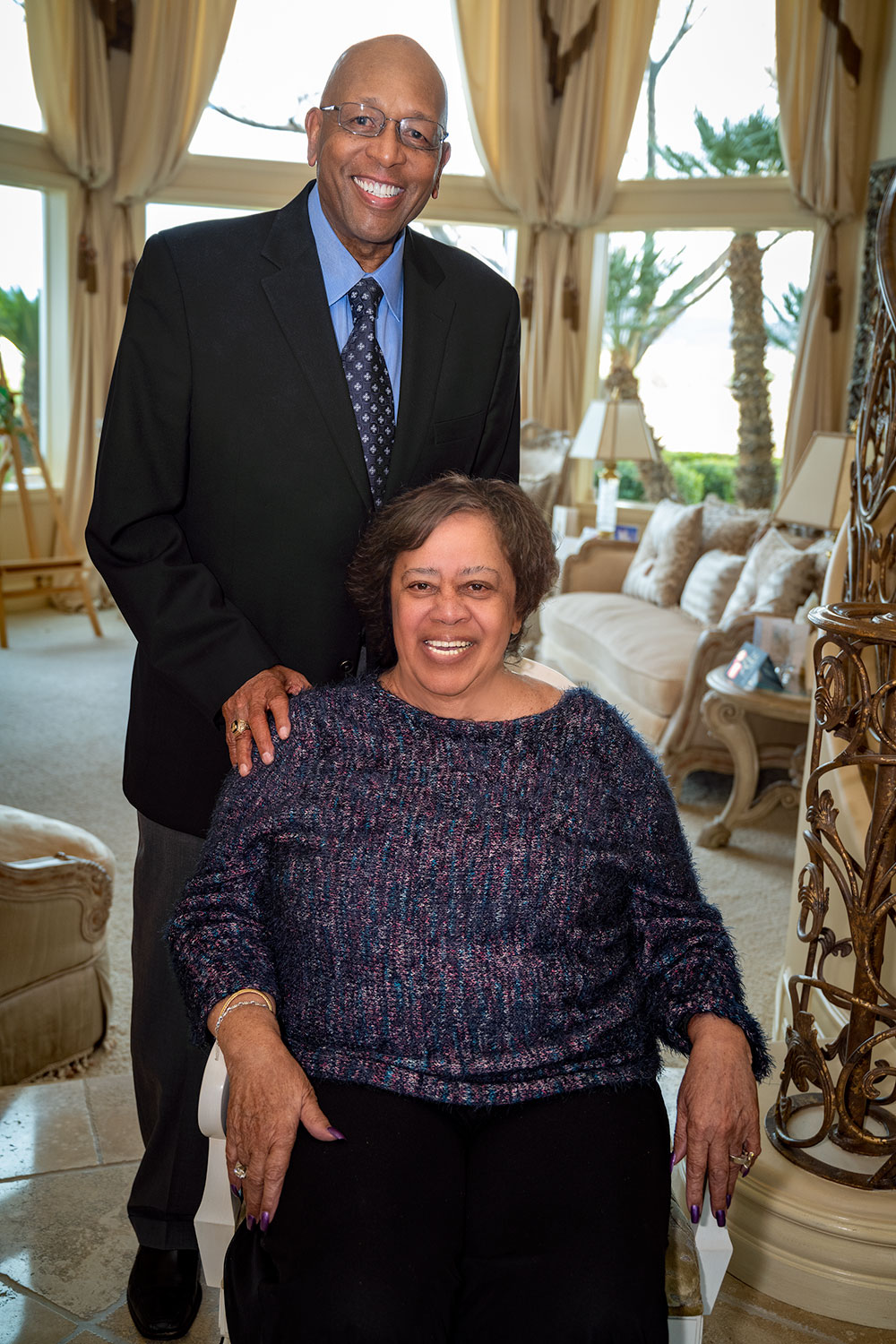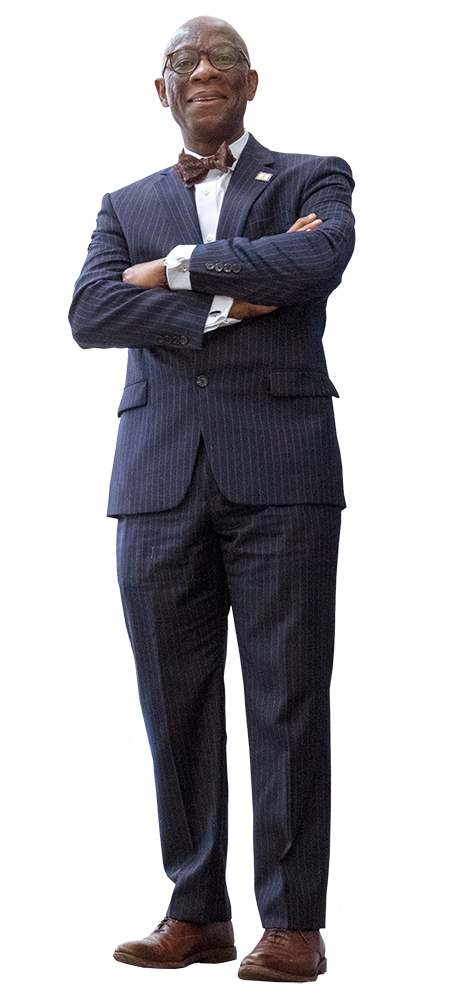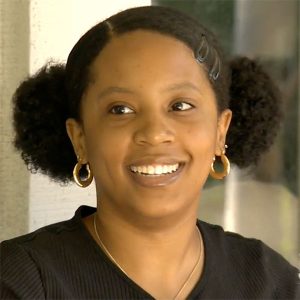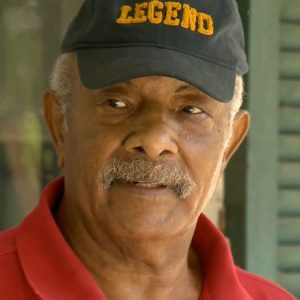Morgan’s Educational and Research Mission Receives Unprecedented Financial Support
When renowned author and businesswoman Arianna Huffington selected “resilience” as her word of the year for 2020, she could have had Morgan State University in mind. The disruption caused by the global COVID-19 pandemic over the preceding nine months had been nearly universal — causing the yearlong postponement of MSU’s in-person graduation ceremonies, among many other things — but Morgan’s prescient planning and prompt response to the emergency had enabled the University to continue its educational mission. As students, faculty and staff navigated the challenging transitions to remote learning/ instruction, social/physical distancing and other public health-related measures, their efforts were soon rewarded and abetted by an unprecedented financial investment in Morgan, the state’s largest Historically Black College or University. The surge of investment is continuing today.
Morgan’s record-breaking cohort of financiers have had a variety of positive goals and motivations. Some saw the critical importance of Maryland’s Preeminent Public Urban Research University in studying and countering the disproportionate health and economic impacts of the pandemic on communities of color. Some saw the moral imperative to correct longstanding inequities in their nation and support the social justice movement that had risen in tandem with the pandemic, countering a rising tide of racism. Others saw the economic disruption caused by the pandemic as a mandate for change within their own organizations, to improve their productivity and their bottom line by increasing diversity, equity and inclusion.
The news of financial investment that follows will be an inspiration to all Morganites wishing and working for success for the institution as it prepares its students to lead the world during an era of transformation.
$40 Million, No Strings Attached
A gift from author and philanthropist MacKenzie Scott began the giving season early at Morgan State University in 2020. In mid-December of that year, the University announced the receipt of an historic, $40-million gift from Scott’s foundation: the largest single private donation in Morgan’s history and the second-largest gift to a public university in Maryland. The unrestricted funds are supporting the University’s efforts to enhance student success, advance research and boost investments in other mission-focused priorities and initiatives. The majority of the gift will be used to seed the newly established “Leading the World Endowment Fund,” the first unrestricted endowment in Morgan’s history. The fund will be invested using the Morgan State University Foundation’s successful asset allocation strategy, with future interest leveraged to underpin ongoing University initiatives that have a direct connection to Morgan’s strategic plan. Scott’s gift — among the large amounts she gave to more than 35 institutions that provide “education for historically marginalized and underserved people” — doubles the endowment at Morgan, establishing a more promising future supporting students and faculty, and improving the prospects for academic programs for years to come.
“Morgan is open for investment, and if you invest in our university, there will be a definite return on your support,” said Morgan State University President David K. Wilson. “We hope that Ms. Scott’s giving inspires others to give to HBCUs like Morgan, who are providing much-needed opportunities to the students flying under the radar and producing the graduates of today and tomorrow.”
Morgan is open for investment, and if you invest in our university, there will be a definite return on your support.”
– MSU President David K. Wilson
$20 Million From Family
In February 2021, 11 days after the deadly disease COVID-19 received its name, Morgan announced receipt of a $20-million commitment from Morgan alumnus Calvin E. Tyler Jr. and his wife, Tina, quadrupling the value of an endowed scholarship fund they established in 2002. The gift is the largest private donation to Morgan to date from an alumnus.
The Tylers established the Calvin and Tina Tyler Endowed Scholarship Fund to provide full-tuition, need-based scholarships to MSU for select students residing in the Tylers’ hometown of Baltimore. With their latest gift, the Tylers have opened access to the fund to students nationwide. Their endowed fund has supported 222 Morgan students by way of 46 full-tuition and 176 partial scholarships.
Calvin Tyler has a deep understanding of the students targeted by his and his wife’s generosity. He attended Morgan as a first-generation college student for two years beginning in 1961, to study business administration. After leaving Morgan because of a lack of funds, he took a job as one of the first 10 UPS drivers in Baltimore, in 1964. Tyler worked his way up the corporate ladder at the company and retired as senior vice president of operations in 1998, then joined the company’s board of directors.
“My wife and I have become keenly aware of the effect that the pandemic has had on a number of young people trying to get an education (and) we have the resources to help a lot of young people,” Tyler said. “This is why we are increasing our commitment at Morgan: we want to have more full-tuition scholarships offered to young people so that they can graduate from college and enter the next stage of their life debt-free.”
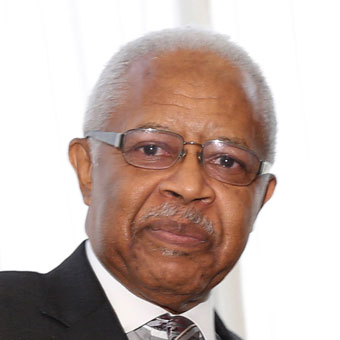
THIS CASE IS PROBABLY ON THE MAGNITUDE OF BROWN V. BOARD OF EDUCATION … IN TERMS OF ITS IMPORTANCE TO DISMANTLING SEGREGATED HIGHER EDUCATION SYSTEMS IN THE NATION.”
– David Burton, Morgan Class of 1967
$577 Million Toward Educational Equity

With the stroke of a pen by Maryland House Speaker Adrienne Jones, Maryland Senate President Bill Ferguson and Maryland Gov. Larry Hogan at Bowie State University in March 2021, Morgan State University became one of the beneficiaries of $577-million legislation crafted to end a more than 15-year legal effort to redress inequitable funding at the State of Maryland’s four Historically Black Colleges and Universities. The legislation, which was spearheaded by Speaker Jones, will fund scholarships, faculty, academic programs and marketing at Morgan, Bowie, Coppin State University and the University of Maryland Eastern Shore. The funding will occur over 10 years beginning in fiscal year 2023, with Morgan to receive $15.1 million in the first year.
The legislation stemmed from a lawsuit brought to court in 2006 by the Coalition for Equity and Excellence in Maryland Higher Education, which charged the State of Maryland with engaging in discriminatory practices against the HBCUs beginning before the Brown v. Board of Education decision in 1954, through unequal funding, unfair allocation of missions to the state’s public colleges and universities, and the unnecessary duplication of HBCU academic programs at predominantly white institutions. The group was seeking $2.1 billion for the Maryland HBCUs.
David Burton of Morgan’s Class of 1967 was a founder of the Coalition. “The Supreme Court ruled years ago in U.S. v. Fordice that states must establish nonduplicated, unique, high-demand programs at HBCUs,” he told Morgan Magazine. “This case is probably on the magnitude of Brown v. Board of Education, Adams (v. Richardson) and (United States v.) Fordice, in terms of its importance to dismantling segregated higher education systems in the nation.”
“This infusion of money will enable us to put in place new high-demand academic degree programs that are in alignment with the work of the future,” MSU President David K. Wilson told The Washington Post in March. “Morgan is ready to move from the second floor of the research house to the penthouse.”
In a statement to the Morgan community, President Wilson called the funding legislation “the first significant step toward addressing the historic inequities within Maryland higher education.” But he also highlighted the need for Morgan to continue making its case annually to the State for funding.
“We are asking for an investment, and the State should expect a significant return,” he told Morgan Magazine. “We have to come back year after year to Annapolis to show what that return is and how it is in alignment with the future competitiveness of the State.”
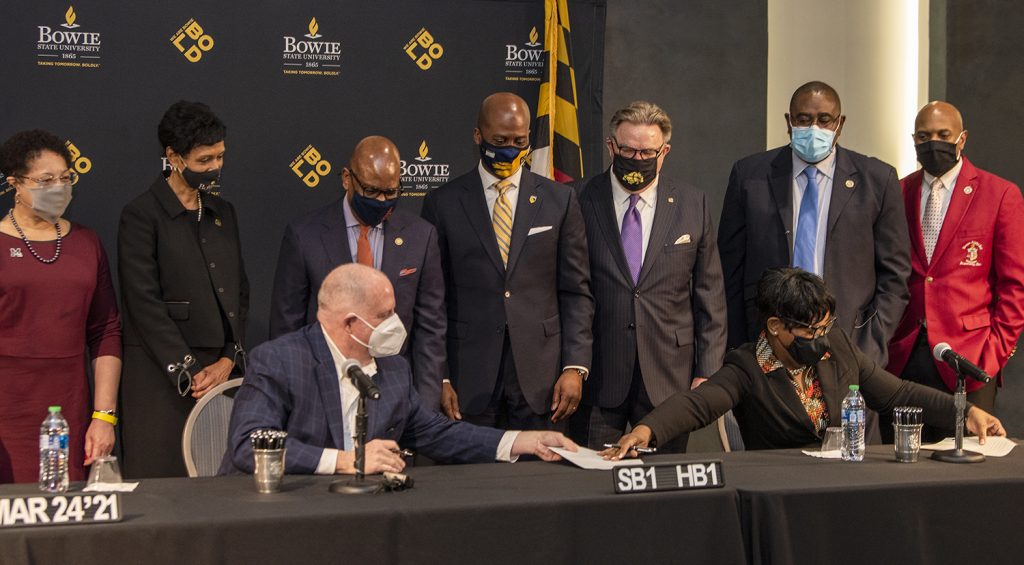
$1 Million for Employment Opportunity
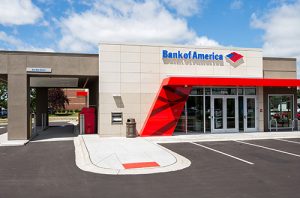 In February 2021, as the total number of COVID-19 cases in the United States approached 28 million, Morgan announced receipt of a $300,000 commitment from The Whiting- Turner Construction Company. The Baltimore-based construction management, general contracting, design-build and integrated project delivery services company decided to make its largest-ever investment in Morgan after a Whiting-Turner senior vice president who serves on the advisory board of Morgan’s School of Architecture and Planning (SA+P) informed the company’s leadership that a number of students were being forced to stop their matriculation because of financial hardship caused by the economic effects of the pandemic. The funds are now providing support to Morgan students pursuing degrees in construction management or in engineering with a focus on construction.
In February 2021, as the total number of COVID-19 cases in the United States approached 28 million, Morgan announced receipt of a $300,000 commitment from The Whiting- Turner Construction Company. The Baltimore-based construction management, general contracting, design-build and integrated project delivery services company decided to make its largest-ever investment in Morgan after a Whiting-Turner senior vice president who serves on the advisory board of Morgan’s School of Architecture and Planning (SA+P) informed the company’s leadership that a number of students were being forced to stop their matriculation because of financial hardship caused by the economic effects of the pandemic. The funds are now providing support to Morgan students pursuing degrees in construction management or in engineering with a focus on construction.

$300,000 for Future Construction Professionals
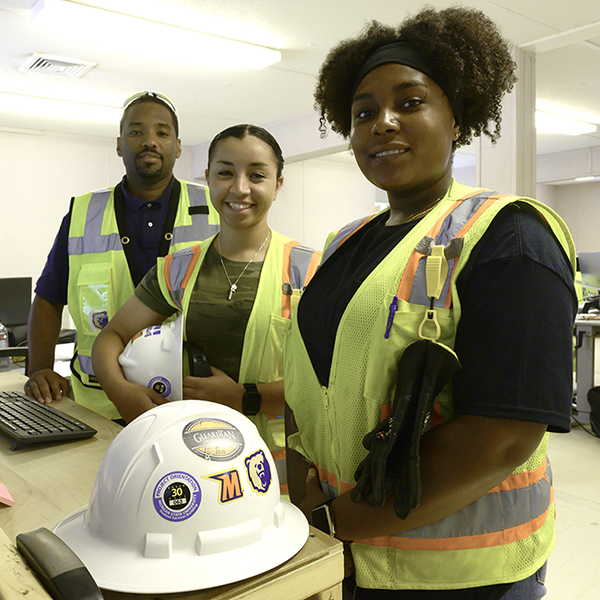 In February 2021, as the total number of COVID-19 cases in the United States approached 28 million, Morgan announced receipt of a $300,000 commitment from The Whiting- Turner Construction Company. The Baltimore-based construction management, general contracting, design-build and integrated project delivery services company decided to make its largest-ever investment in Morgan after a Whiting-Turner senior vice president who serves on the advisory board of Morgan’s School of Architecture and Planning (SA+P) informed the company’s leadership that a number of students were being forced to stop their matriculation because of financial hardship caused by the economic effects of the pandemic. The funds are now providing support to Morgan students pursuing degrees in construction management or in engineering with a focus on construction.
In February 2021, as the total number of COVID-19 cases in the United States approached 28 million, Morgan announced receipt of a $300,000 commitment from The Whiting- Turner Construction Company. The Baltimore-based construction management, general contracting, design-build and integrated project delivery services company decided to make its largest-ever investment in Morgan after a Whiting-Turner senior vice president who serves on the advisory board of Morgan’s School of Architecture and Planning (SA+P) informed the company’s leadership that a number of students were being forced to stop their matriculation because of financial hardship caused by the economic effects of the pandemic. The funds are now providing support to Morgan students pursuing degrees in construction management or in engineering with a focus on construction. $500,000 to Cultivate Journalists of Color
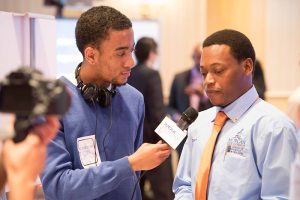 Receiving international accreditation from the Accrediting Council on Education in Journalism and Mass Communications in May 2020 added significantly to the forward momentum of Morgan’s School of Global Journalism and Communication (SGJC) in the school’s seventh year. In January 2021, during the tenure of SGJC founding Dean DeWayne Wickham, the school made another big leap ahead, as it joined 17 other higher education institutions in a multiyear partnership with NBCUniversal News Group to launch NBCU Academy, a new multiplatform journalism training and development program for four-year university and community college students. The initiative includes education, on-campus training and online programming; funding for accredited journalism programs; and scholarships. The academy’s curriculum utilizes learning experiences with veteran NBCU News Group journalists.
The academy is being funded by a $6.5-million investment by NBCUniversal, part of a $100-million commitment made by parent company Comcast NBCUniversal in June 2020 to address systemic racism and inequality. Morgan received $500,000 in support. The academic partners in the program include Historically Black Colleges and Universities, Hispanic-Serving Institutions and other colleges with significant Latino, Asian American, Pacific Islander, Black, Indigenous and tribal populations.
Receiving international accreditation from the Accrediting Council on Education in Journalism and Mass Communications in May 2020 added significantly to the forward momentum of Morgan’s School of Global Journalism and Communication (SGJC) in the school’s seventh year. In January 2021, during the tenure of SGJC founding Dean DeWayne Wickham, the school made another big leap ahead, as it joined 17 other higher education institutions in a multiyear partnership with NBCUniversal News Group to launch NBCU Academy, a new multiplatform journalism training and development program for four-year university and community college students. The initiative includes education, on-campus training and online programming; funding for accredited journalism programs; and scholarships. The academy’s curriculum utilizes learning experiences with veteran NBCU News Group journalists.
The academy is being funded by a $6.5-million investment by NBCUniversal, part of a $100-million commitment made by parent company Comcast NBCUniversal in June 2020 to address systemic racism and inequality. Morgan received $500,000 in support. The academic partners in the program include Historically Black Colleges and Universities, Hispanic-Serving Institutions and other colleges with significant Latino, Asian American, Pacific Islander, Black, Indigenous and tribal populations.
SGJC’s new dean, Jackie Jones, says NBCU Academy will accelerate the mission of the school, which is to instill students with the skills, knowledge and training necessary to become effective communicators and to add to the diversity of thought in the media.
“Creating an inclusive culture for journalism that represents the communities we serve is at the very core of what we do,” said NBCU News Group Chairman Cesar Conde. “Through NBCU Academy, we have the opportunity to widen our extraordinary legacy by building on-ramps for a talented generation of journalists and storytellers who — for so long — may have been overlooked.”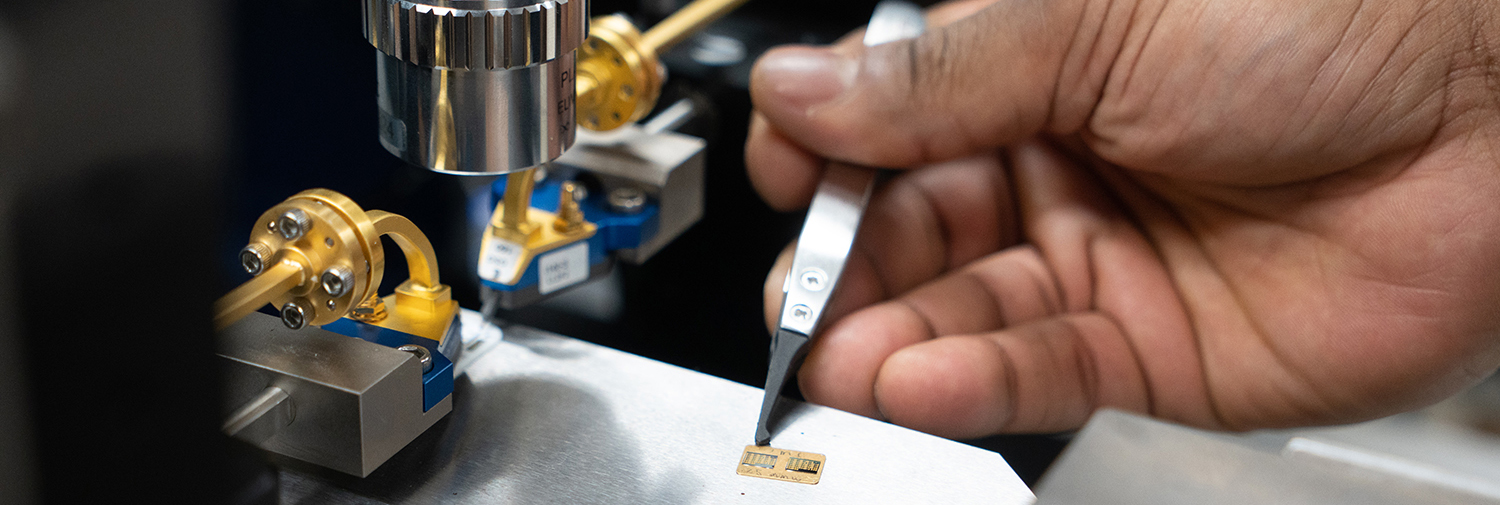
$1.25 Million to Boost Innovation
Long the main driver of the global economy, the science, technology, engineering and mathematics (STEM) fields represent the fastest-growing workforce sector in the United States. Black professionals are significantly underrepresented in STEM, however, and make up only 9% of the collective workforce of the nation’s five largest technology companies: Facebook, Amazon, Apple, Microsoft and Google. A report compiled at the request of Morgan State University President David K. Wilson by the economics consulting firm Econsult Solutions, Inc., in 2018, documented MSU’s positive economic impact on the city, state and region as well as Morgan’s outsize influence on the STEM fields: 17% of the University graduates are employed in STEM, versus 11% for Maryland colleges and universities as a whole. Moreover, the nation’s HBCUs produce 25% of the nation’s African-American graduates with STEM degrees.
 These facts have not gone unnoticed by major players in the nation’s tech sector, among them Apple Inc., the world’s largest technology company. This past June, Morgan announced the University’s selection as one of four recipients of a new $1.25-million Apple Innovation Grant, designed to support schools of engineering at HBCUs in developing their silicon and hardware technologies curriculum in partnership with Apple’s experts. The three-year grant is providing funding and other support from Apple for lab space, guest lectures, scholarships and fellowships, faculty training, curriculum support and other vital resources. Part of Apple’s Racial Equity and Justice Initiative and the company’s New Silicon Initiative, the grant is designed to inspire and prepare students for careers in hardware engineering, computer architecture and silicon chip design and has a broader goal of helping dismantle systemic barriers to opportunity and combat injustices faced by communities of color.
These facts have not gone unnoticed by major players in the nation’s tech sector, among them Apple Inc., the world’s largest technology company. This past June, Morgan announced the University’s selection as one of four recipients of a new $1.25-million Apple Innovation Grant, designed to support schools of engineering at HBCUs in developing their silicon and hardware technologies curriculum in partnership with Apple’s experts. The three-year grant is providing funding and other support from Apple for lab space, guest lectures, scholarships and fellowships, faculty training, curriculum support and other vital resources. Part of Apple’s Racial Equity and Justice Initiative and the company’s New Silicon Initiative, the grant is designed to inspire and prepare students for careers in hardware engineering, computer architecture and silicon chip design and has a broader goal of helping dismantle systemic barriers to opportunity and combat injustices faced by communities of color.
“The HBCU community is home to incredible Black talent, and we are thrilled to work alongside these universities to enhance the opportunities for their students,” said Lisa Jackson, Apple’s vice president of Environment, Policy and Social Initiatives. “We know many jobs of the future will be in innovative areas like silicon engineering, and we want to help ensure the leaders of tomorrow have access to transformational learning opportunities.”
Oscar Barton Jr., Ph.D., PE, dean of Morgan’s Clarence M. Mitchell Jr. School of Engineering, applauded the wide reach of the grant.
“Being awarded the 2021 Apple Innovation Grant not only builds capacity in VLSI chip design here at Morgan’s Mitchell School of Engineering,” Dr. Barton said, “it also bridges the industry-academia divide by providing an opportunity to enhance our programs and curricula, to cultivate faculty and their research expertise and to impact workforce development and talent acquisition.”

$5 Million to Pave Pathways to Tech
Concurrent with the news of the Apple Innovation Grant, Morgan announced receipt of a $5-million unrestricted financial grant from Google — among the largest philanthropic contributions in the University’s history. The grant is providing Morgan with financial support for scholarships, technological infrastructure support, career readiness and curriculum development. It came as part of an investment in 10 institutions that received a grant from Google as part of the company’s $50-million commitment to build tech equity for HBCUs and support a diverse talent pipeline in STEM fields.
“Google’s considerable investment in HBCUs, and in the ingenuity and promise of our students, demonstrates a recognition of the unparalleled track record HBCUs have consistently amassed in producing top talent representing American innovation, ideation and global competitiveness,” said President Wilson. “With this effort, Google is setting a new standard in corporate philanthropy that directly addresses decades of gross inequities and underfunding at HBCUs and establishes a new path forward to ensuring workforce diversity in STEM, one of our most critical sectors here in the U.S. and within the global market.”
The $5-million investment in Morgan builds on Google’s Pathways to Tech initiative, announced earlier this year, which is designed to build equity for HBCU computing education, help job seekers find tech roles and ensure that Black employees have growth opportunities and feel included at work. The company’s Tech Exchange and Grow with Google HBCU Career Readiness programs are also seeking to close racial gaps and increase the flow of Black talent into Google’s workforce, through immersive experiential learning programs, focused career development initiatives and meaningful investment.
“These institutions (HBCUs) are actively shaping the next generation of Black leaders and are helping build a more diverse workforce across all industries,” said Melonie Parker, chief diversity officer for Google. “This investment further solidifies our commitment to providing access and opportunities for underrepresented groups in tech.”
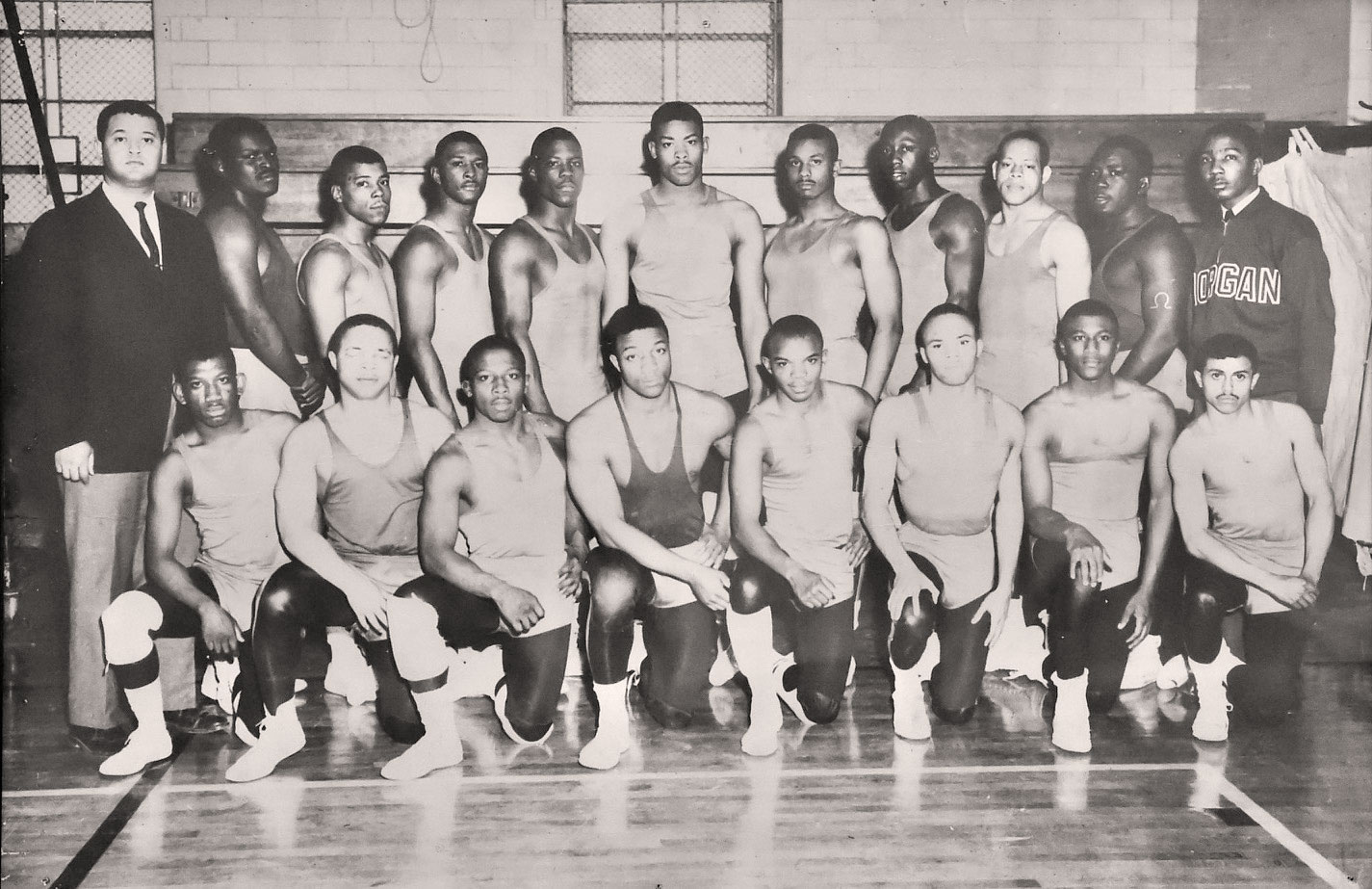
$2.7 Million for Wrestling and Leadership
The wave of investment has also lifted Morgan State University Athletics, as the department received its largest-ever donation: a $2.7-million gift from billionaire philanthropist and former hedge fund manager Mike Novogratz, in partnership with HBCU Wrestling (HBCUW), this past October. The gift will revive the storied wrestling program at Morgan after a 24-year hiatus, making MSU the only Historically Black College or University in the country to offer the sport at the NCAA Division I Varsity level. Baltimore-based nonprofit Beat the Streets, which works to develop Baltimore’s youth through wrestling and STEM programs, also collaborated with Morgan to make the return of wrestling a reality.
The gift, which is among the largest received from a private donor to the University, will provide funding for wrestling at Morgan for the next 10 years and will support up to nine full scholarships annually. Morgan’s wrestling program was discontinued at the conclusion of the 1996–97 season, in part because of a lack of resources. The anticipated start of the new program will be the 2023–24 season.
The Morgan Bears dominated wrestling in their conference throughout the 1950s and continued the trend in the ’60s, capturing Central Intercollegiate Athletic Association (CIAA) titles in 1963, 1964 and 1965, among many other achievements. Legendary coach James Phillips took over the team in 1975–76 and led the Bears to unprecedented success over the next 20 years. Under his guidance, the Bears won 13 Mid-Eastern Athletic Conference (MEAC) titles, produced four national champions and had more than 75 wrestlers named All- American.
“Wrestling teaches leadership: 15 of our 46 (U.S.) presidents wrestled as well as many important business, political and community leaders,” said Novogratz, CEO of Galaxy Investment Partners. “That is what HBCUW is about. It’s about growing the sport of wrestling and our bench of future Black leaders who will make our nation more just and prosperous. I fully support the HBCU Wrestling Initiative and hope that many others will help push this endeavor forward.”
Investment and Student Enrollment
The timing of Morgan’s burgeoning student enrollment — up 11.4% to a record 8,502 in Fall 2021 — reflects a nationwide trend among Historically Black Colleges and Universities and suggests another, indirect benefit of the surging financial investment in the University. Freshman business administration major Olivia Carter, from Baltimore, exemplifies the rise in the number of matriculants who chose Morgan from a long list of academic suitors. An “A” student who never missed a day of school from pre-kindergarten through grade 12, Carter had multiple motivations for selecting MSU.
“My dad is actually a Morgan alum (Jon Carter, Class of 1969). So just hearing his stories about his adventures at Morgan and feeling his pride when he talked about being a Morgan alum made me want to share that with him and experience the things he did,” Carter said. “(But) obviously, with Morgan getting more financial help over the years, it let me know that they were serious about their students and that they would be using that money to give us more resources…. So it really inspired me to come.”
The 18-year-old plans to make the most of her time at MSU.
“My higher educational goals consist of making a positive change in my community, working towards that,” Carter said. “It’s become obvious to me that I have to really put myself into my community and do anything I can to help society. Because I see what’s going on in the world, and I’m concerned about the future of my generation and generations to come.”


